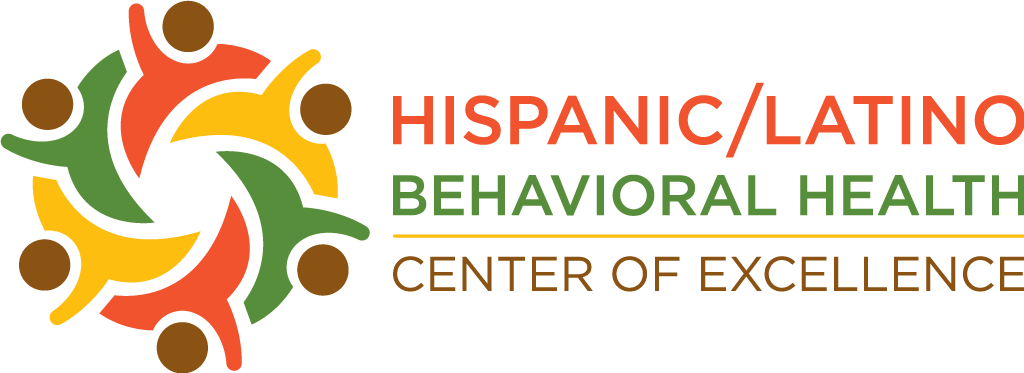
In 1990, Latines represented 8% of U.S. workforce participation and held 3% of executive leadership positions, a relatively narrow gap of five percentage points. Twenty-one years later, the U.S. Latine workforce participation has more than doubled, increasing to nearly 20%. Yet, Latine representation in executive leadership has remained largely unchanged, widening this gap to 450%¹. For decades Latines have lacked representation in areas of the behavioral health professions including medicine, nursing, psychology and social work. Although Latines represent the largest minority in the US, comprising 19.5% of the total U.S. population², few Latine professionals occupy positions of leadership, or on national board and advisory committees³. This lack of a representative behavioral health workforce further adds to disparities in access to quality care for Latines.
The aim of this playbook is to highlight the behavioral health disparities for Latine populations, but also to propose solutions and best practices to train and retain diverse Hispanic and Latine behavioral health workforce.